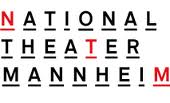lectures | catalogs | CDs/DVDs | soundpicdocs
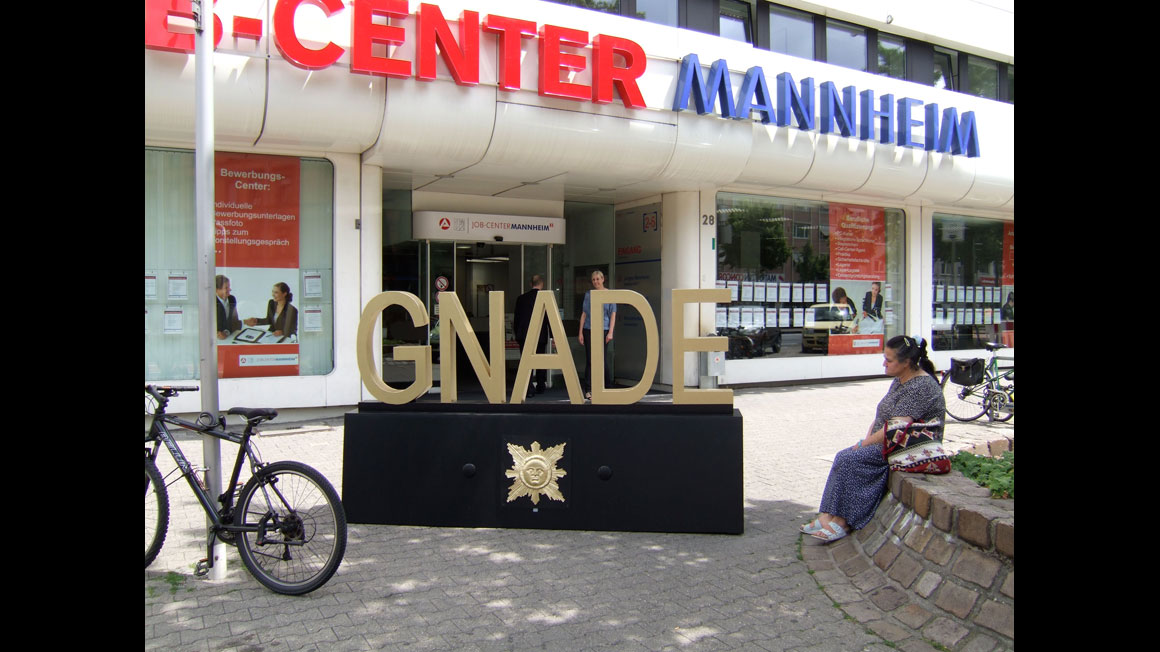
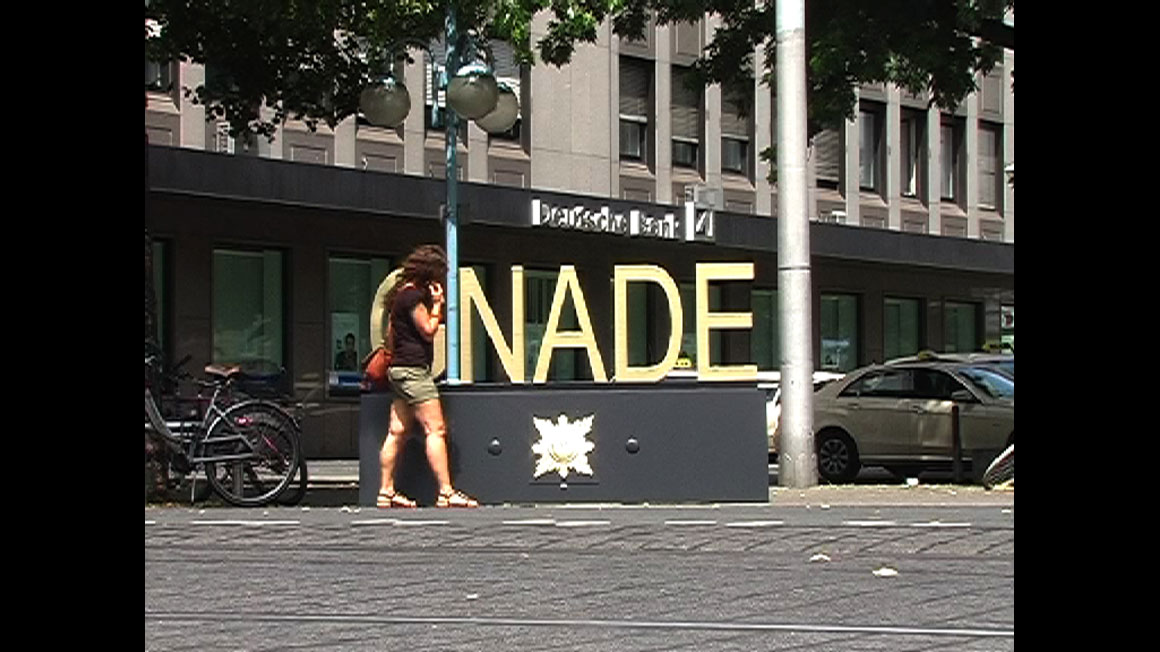
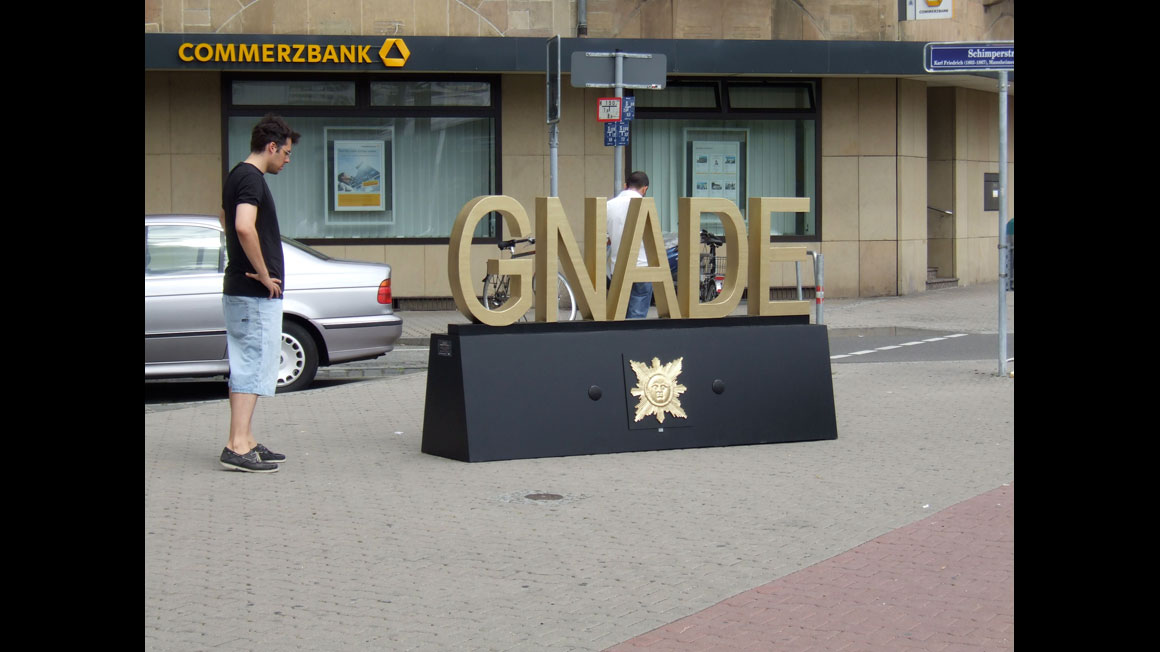
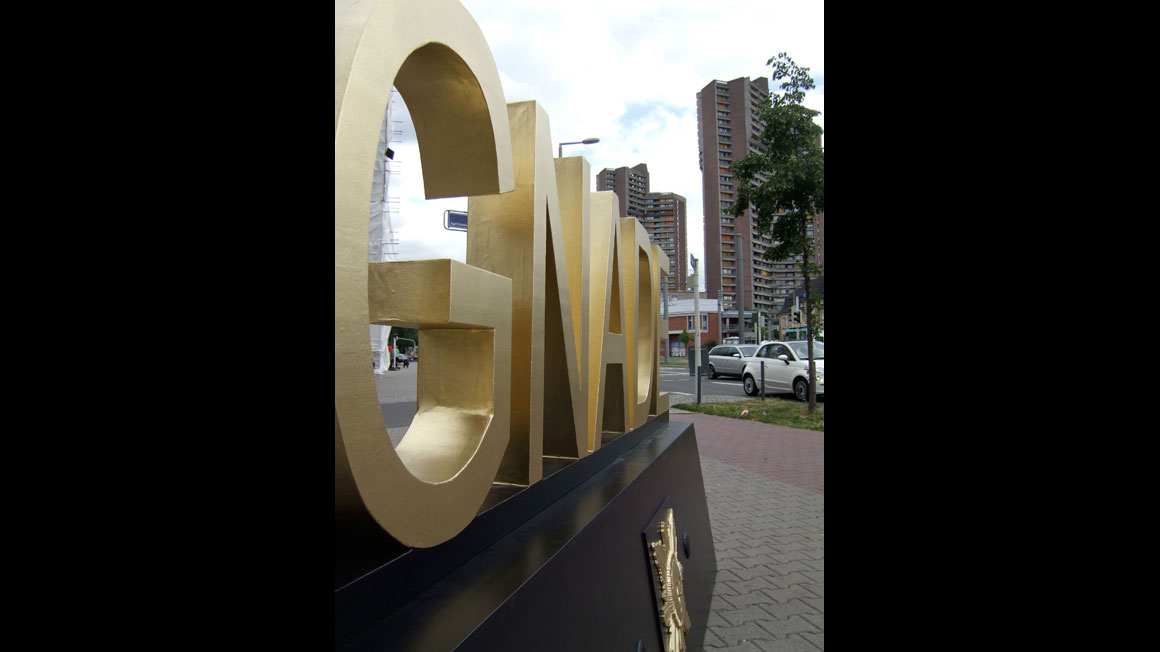
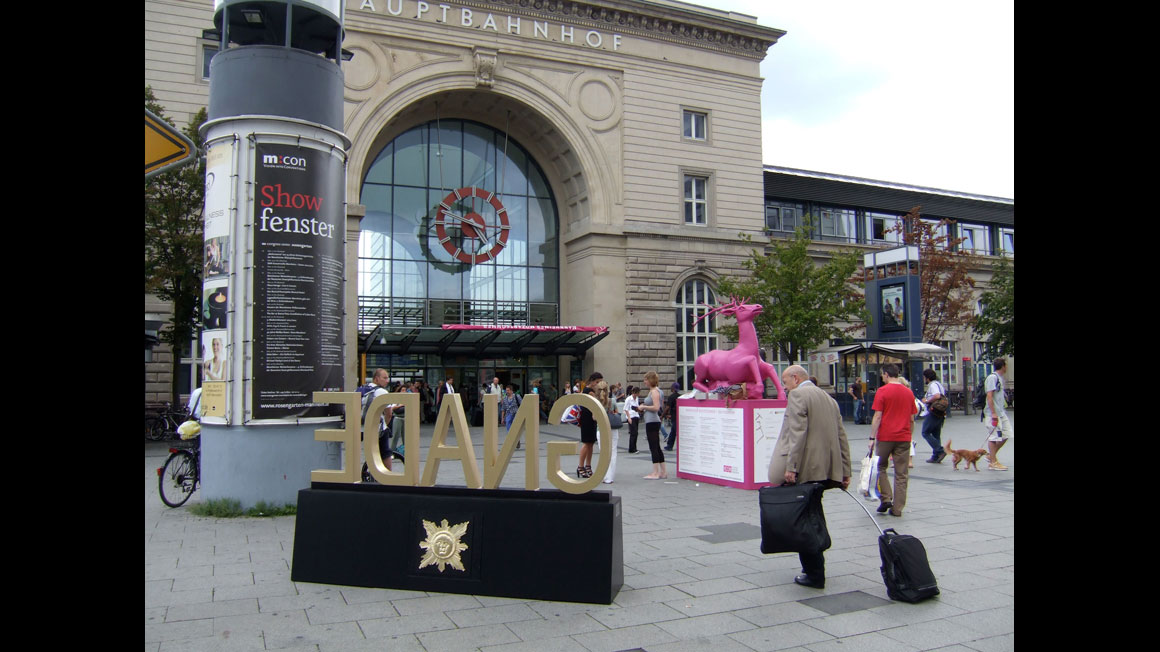
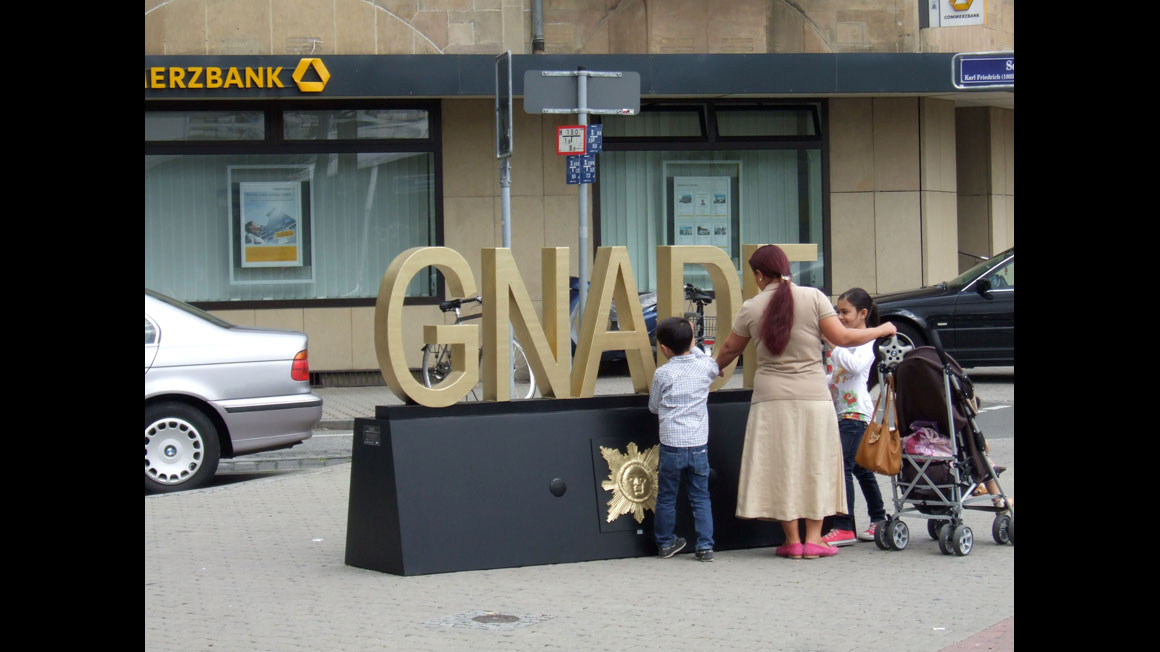
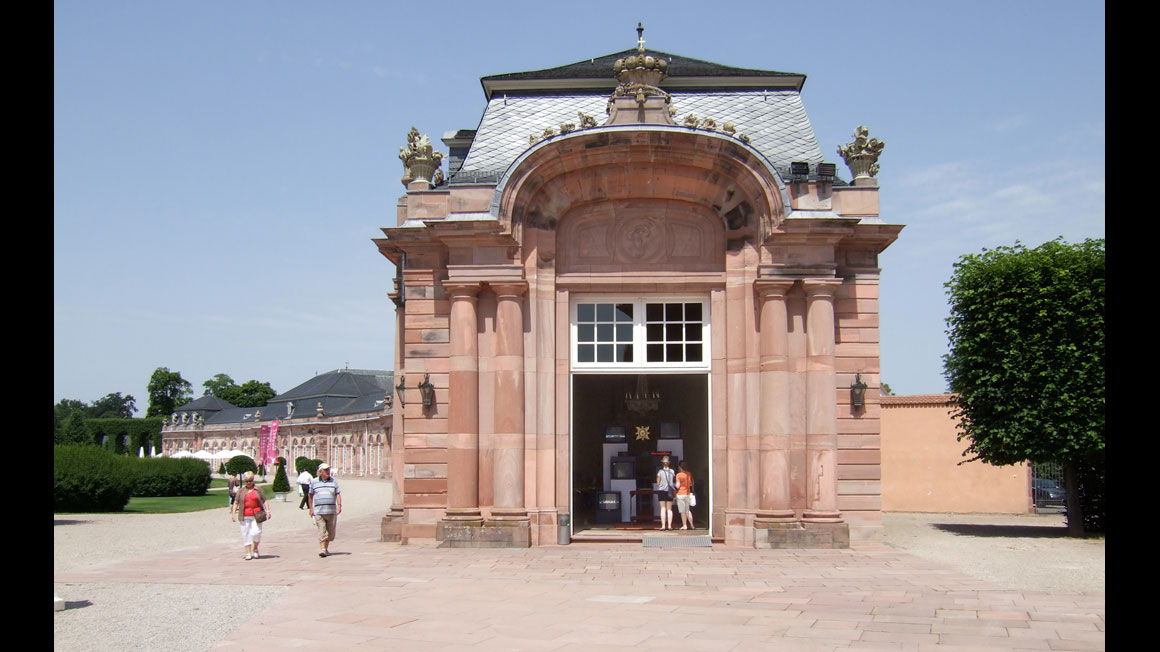
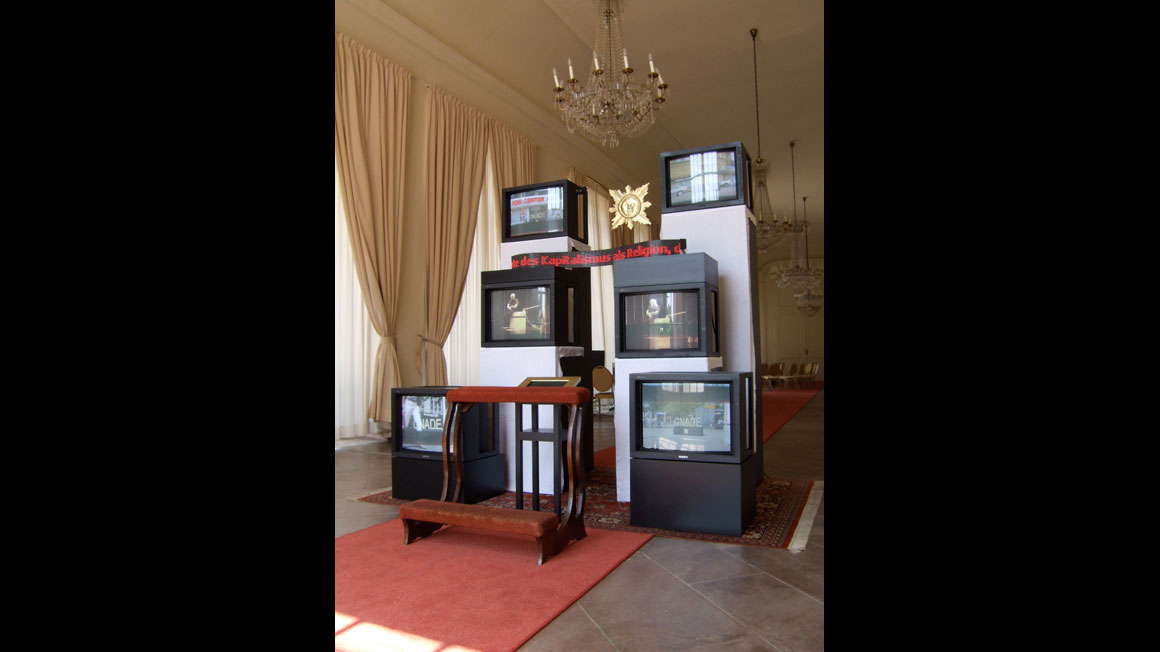
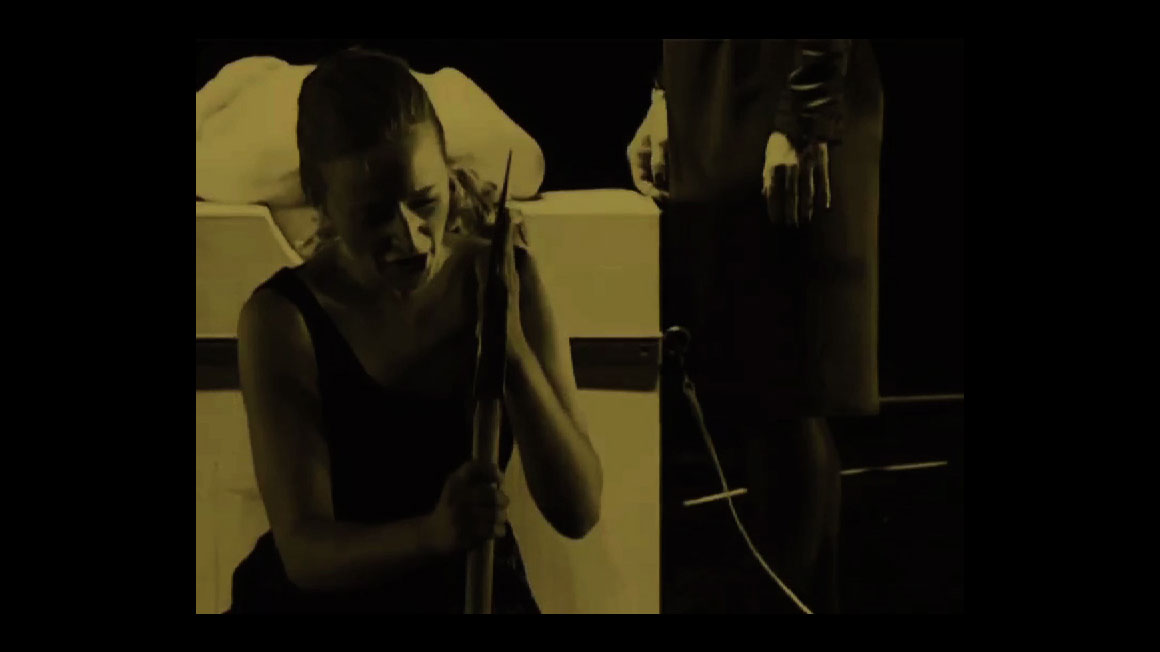
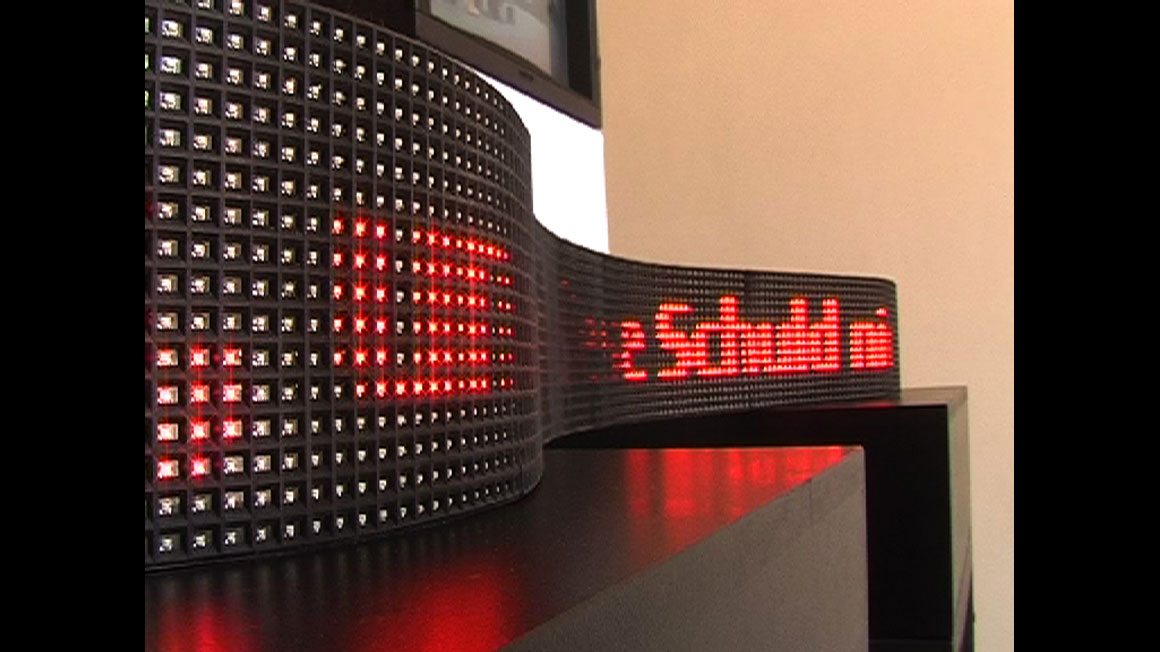
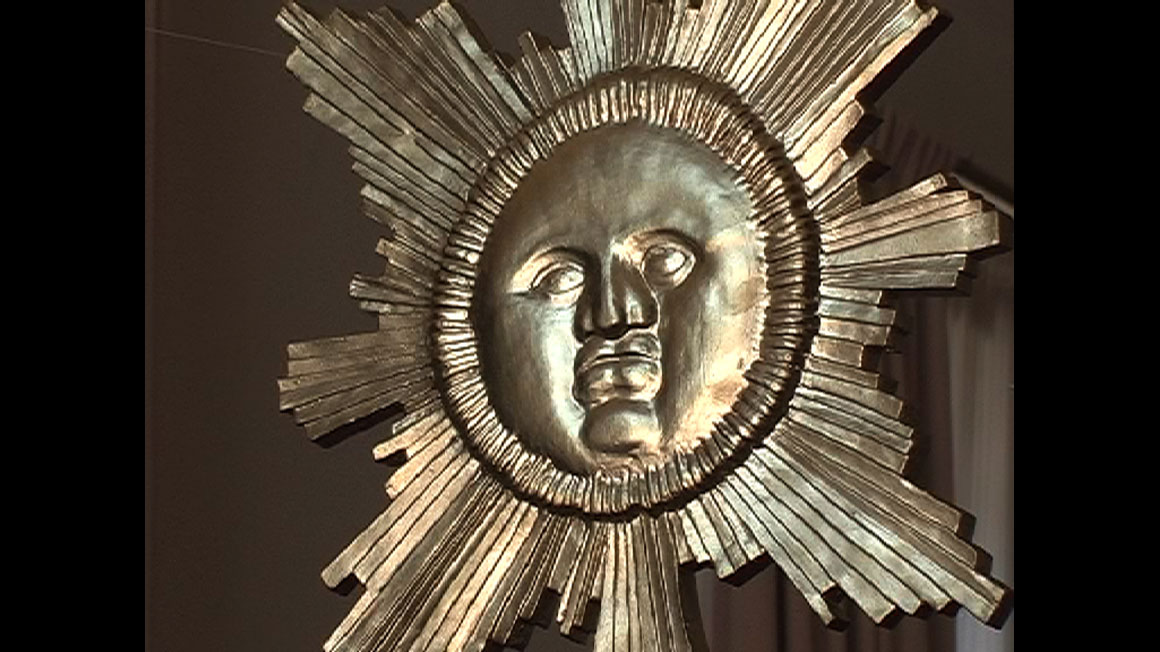
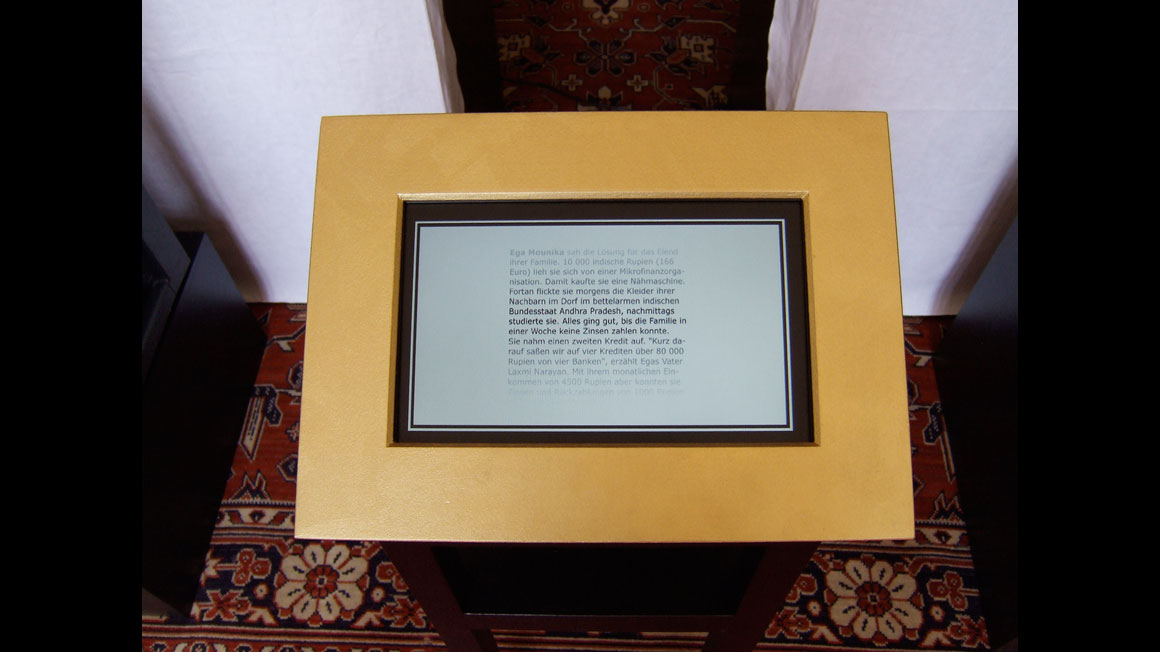
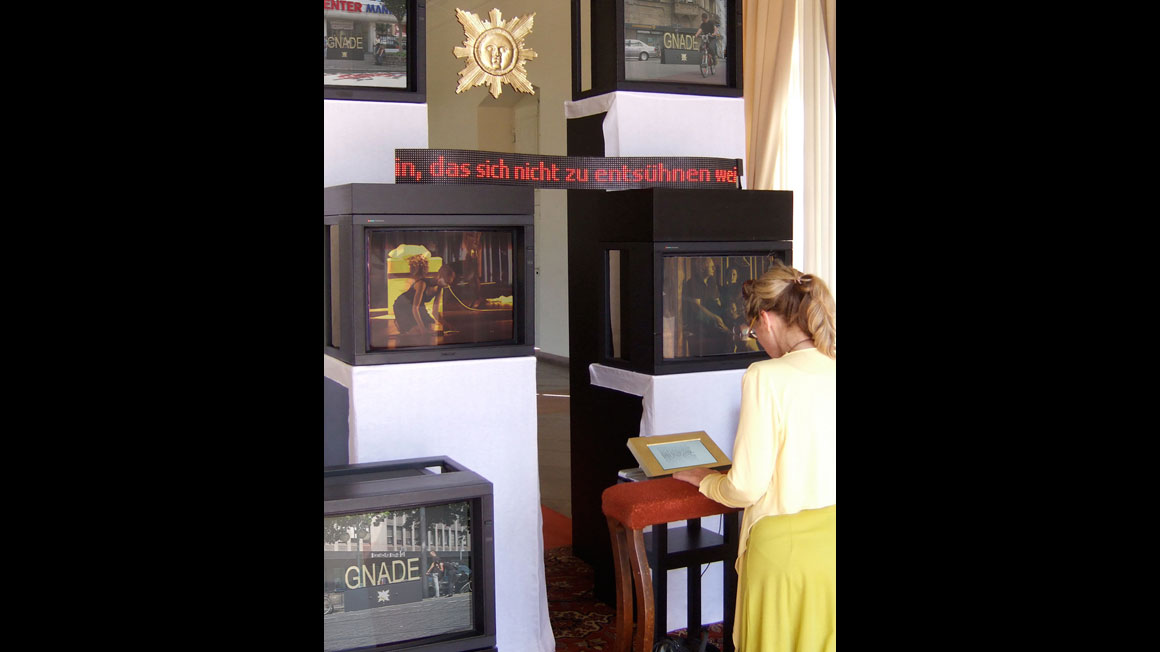
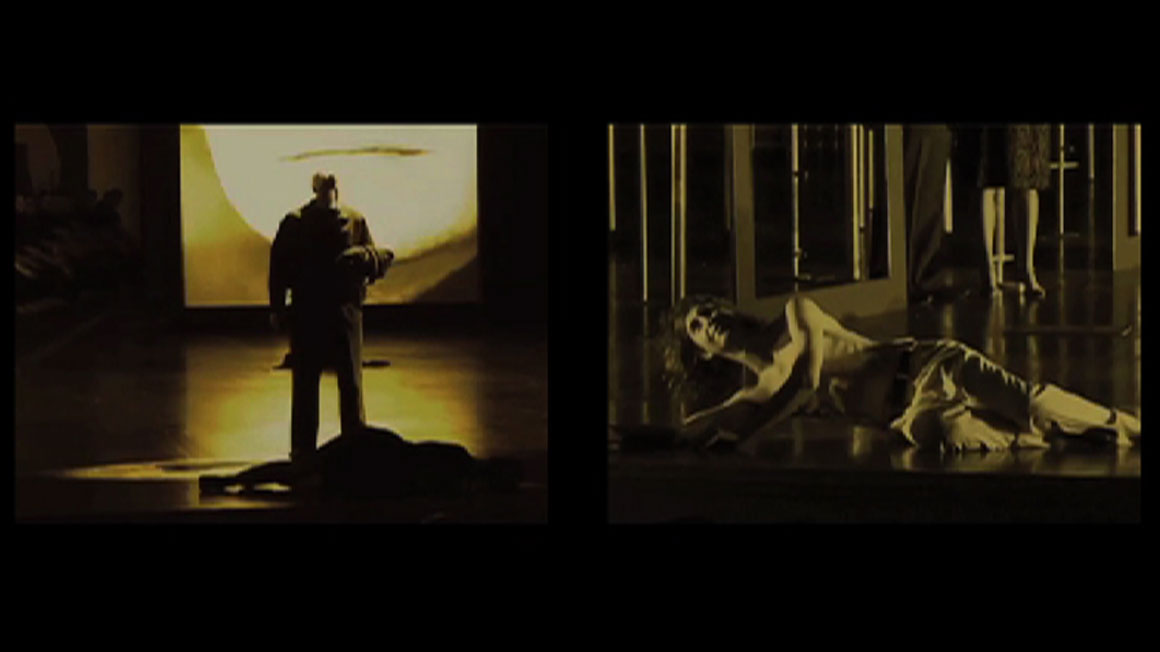
| >> pdf >> press >> printable photos >> video >> booklet with texts |
| G N A D E | M E R C Y 2012 Sound-Video-Text Installation in 2 parts in public space and in a representative building A 4 writings GNADE with sound interaction in public space B medial altar of mercy with 6-channel audio/video, LED-writing, bank (kneeler) with monitor, sun of mercy Audio-Video-Loop 11:20 |
|
A: Media Grace Altar in Castle Schwetzingen (Mannheim) 6 channel sound-video-installation with scenes of grace out of Mozarts opera "La Clemenza di Tito" and 2 texts B: Four writings of the word GNADE with sound interaction in front of institutions of financial power (City of Mannheim): - Commerzbank (Alter Messplatz/Schimperstr.) - Job Center / Arbeitsamt (Bismarckring/Ifflandstr.) - SignalIduna Insurance (Vorplatz Hauptbahnhof) - Deutsche Bank (P7, Wasserturm) In Mozarts's life "mercy / grace" plays a big role as in his work. In the transition time from aristocratic society to an autonomic cicvil society with their ideas of freedom and egality, Mozart was one of he first artists, who tried to be self-determined. And in his work Mozart made "grace to his general orientation. Grace and autonomy are fighting, mixing and interfusing there: two times, two political systems, two philosophies" (Ivan Nagel). With his project GNADE | MERCY the sound and media artist Georg Klein brings this old-fashion term in a modern environment. He let this word appear in public space in big golden letters, gaining an actual and provocating diagnosis: it looks like we have left a society where the subject is addicted to favor and mercy of the sovereign. But since some years new "financial" aristocrats grew up, renewing the old structures of grace. The disposers of capital are granting credit and financial support - or may be not - and are dictating the conditions. Whether as an unemployed asking for welfare, as an small credit receiver at a bank, or as a big insolvent company or even insolvent nations - favor and mercy are playing an important role. Or may be it's the opposit - to be merciless - which is marking capitalism? With this aspect the second part of the intervention and installation is dealing in the baroque castle of Schwetzingen: there in a media grace altar all elements of past and current forms of grace are mixed up, using scenes of grace out of Mozarts opera "La Clemenza di Tito / The mercy of Tito". 8 reports of suicide in the global financial world from China, USA, India, Germany, England, Italy and Greece, and a text fragment of Walter Benjamin analysing the "cult of debt" in capitalism are part of the installation. In this grace altar the existential side of grace is coming out, during in the city of Mannheim - in front of the banks and other institutions of financial power - an ironic and critical side of the word GNADE | MERCY appears in public space. |
